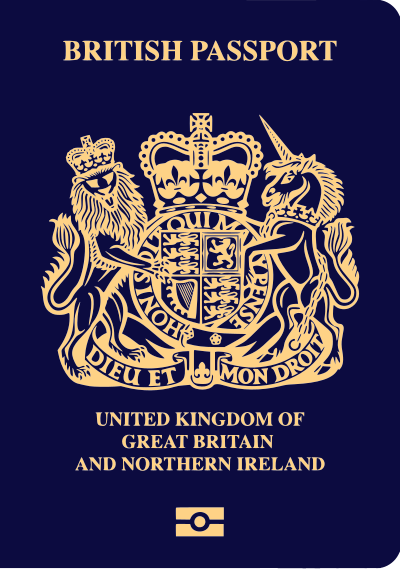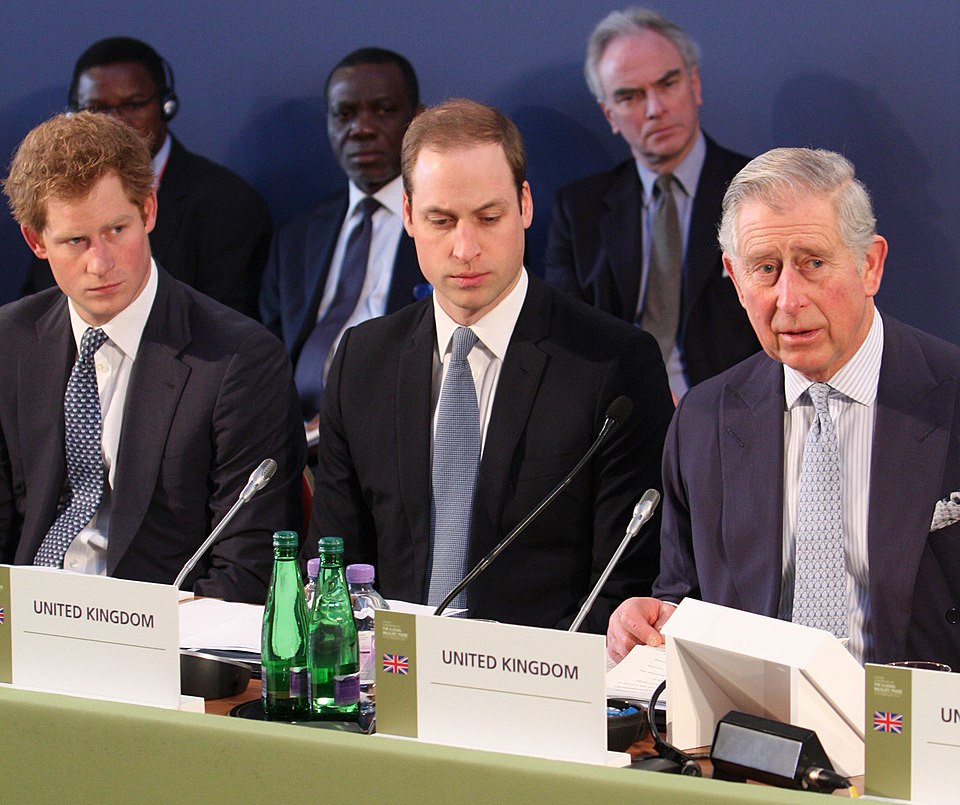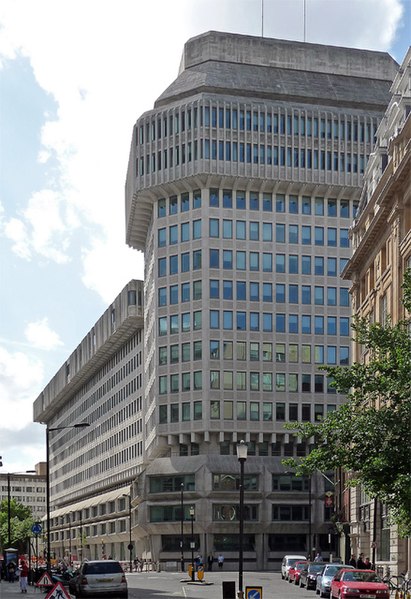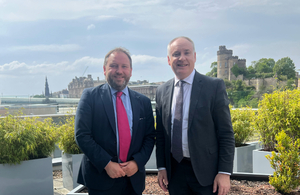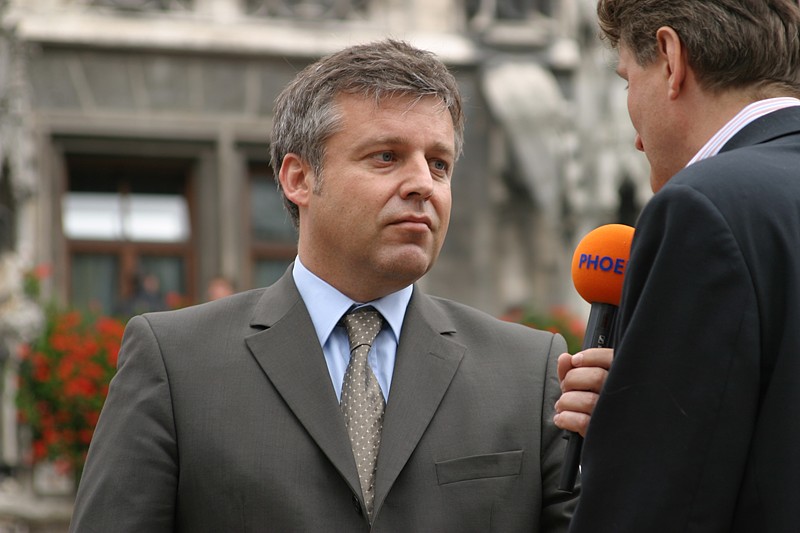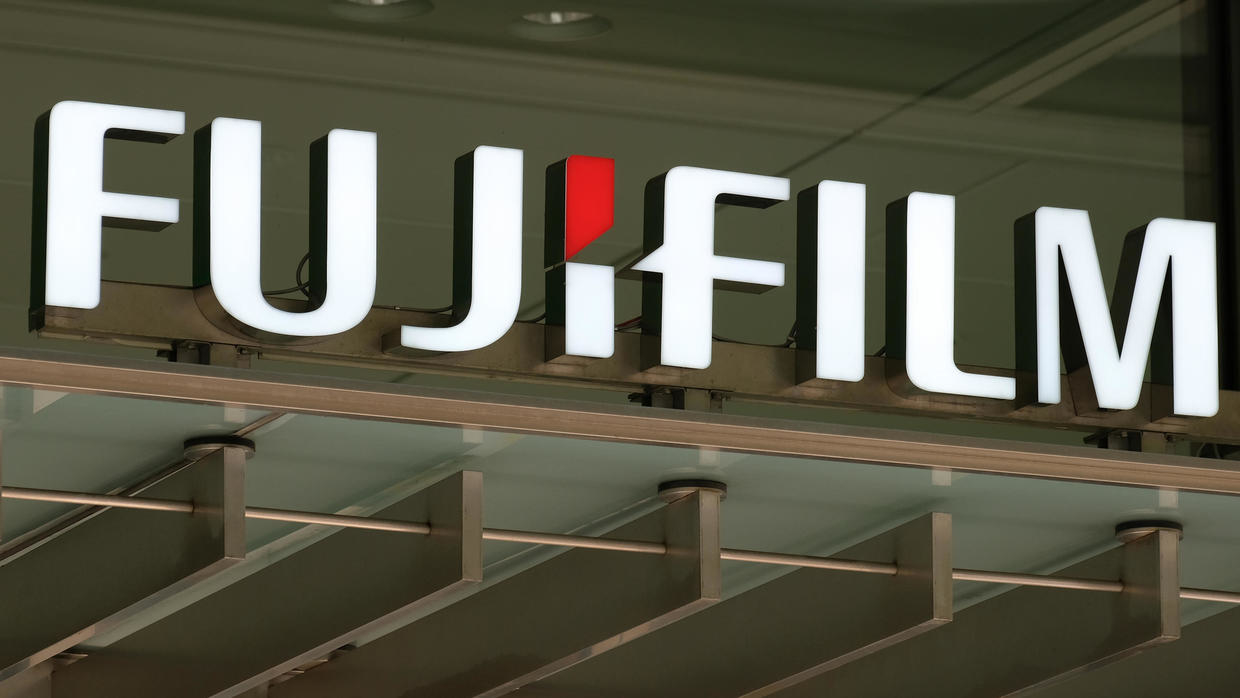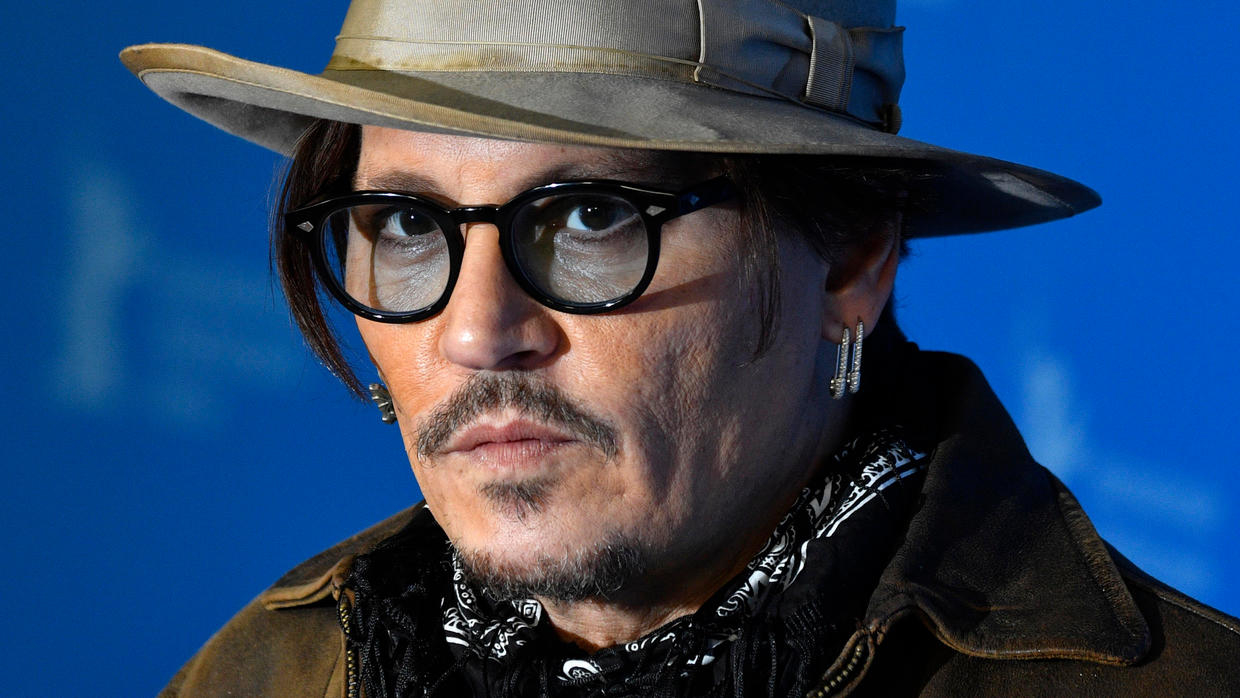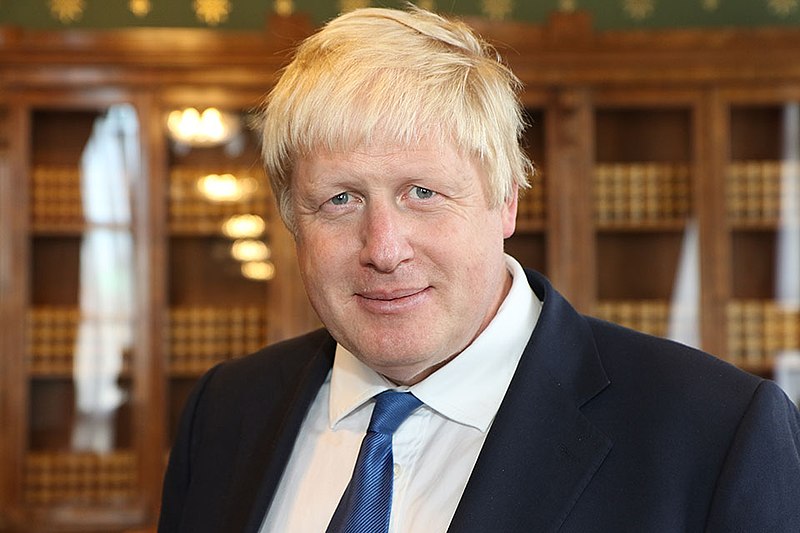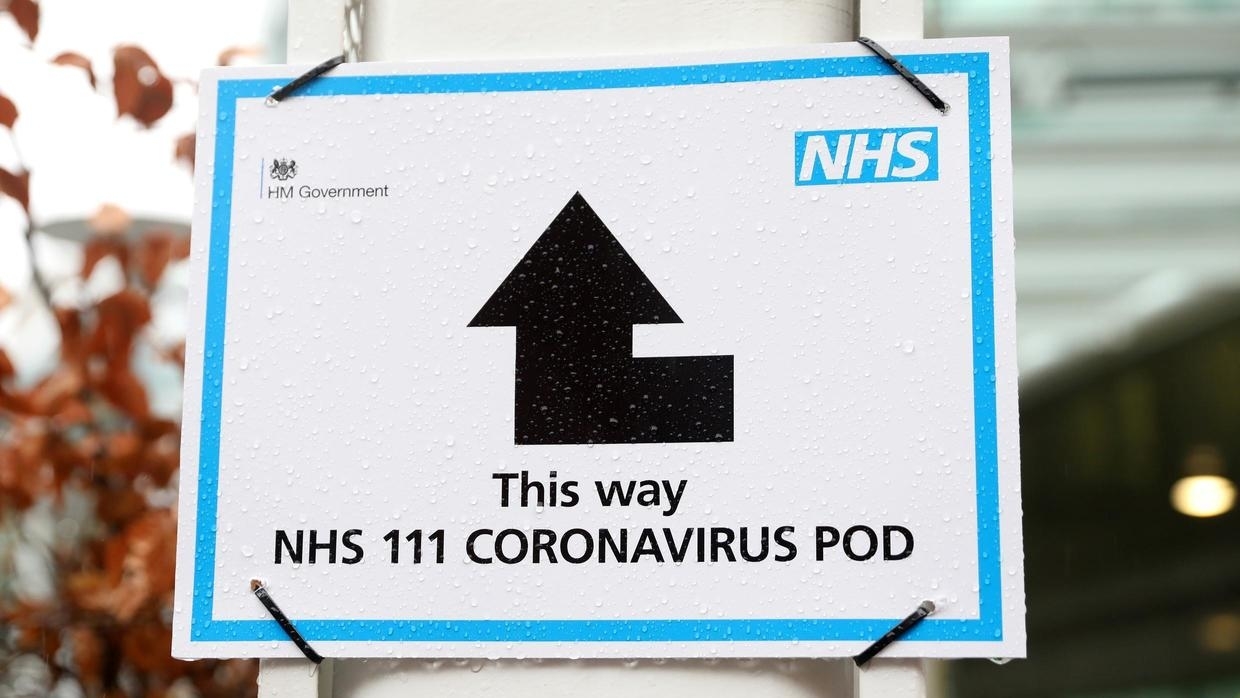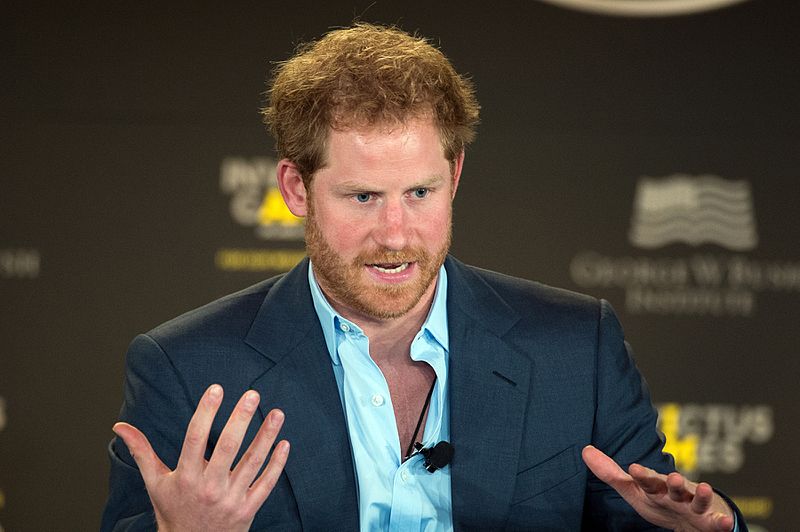
Prime Minister Rishi Sunak has underscored the importance of law and order in the King's Speech, where he outlined the government's priorities for the upcoming year. The speech, which is
seen as a platform to set out key policies ahead of the anticipated next general election, emphasized several measures to bolster public safety and the justice system.
One of the key proposals involves implementing stricter sentences for the most serious criminals and introducing measures to ensure offenders appear in court. These actions aim to address concerns about justice for victims and community safety. The government also plans to enact a bill that will require offenders convicted of murders with sexual or sadistic motives to spend their entire lives in prison, covering England and Wales.
Additionally, a separate bill will target grooming gang members and individuals who commit partner murders at the end of relationships, imposing tougher sentences on them. The Criminal Justice Bill also intends to clarify that "reasonable force" can be used to compel criminals to appear in court. Offenders who refuse to cooperate may face an additional two years in prison. This initiative stems from high-profile cases where offenders refused to attend their sentencing.
The King's Speech also includes plans to grant police the authority to enter a building without a warrant to seize stolen goods when they have reasonable evidence that such items are present in the property, such as a stolen mobile phone broadcasting its location.
Beyond crime-related measures, the speech introduces various other proposals, including:
The establishment of a regulator for the top five tiers of English professional football to safeguard the future of clubs.
A new legal framework for self-driving cars in Great Britain.
Enhanced powers for Transport for London to regulate pedal-powered taxi cabs and address unlicensed pedicabs in the capital.
While the King's Speech was meant to lay out the government's priorities, it received mixed reactions. The opposition, Labour, criticized the government for repackaging previously announced ideas and argued that the focus should be on providing necessary prison places for criminals.
The speech is a key platform for Prime Minister Rishi Sunak, who is seeking to distinguish himself from his predecessors and make his mark on the country's direction. Despite this, some past pledges made by the Conservatives were notably absent, and the speech only tackled certain issues partially.
As the government faces a challenging political landscape with the next general election on the horizon, Mr. Sunak is looking to position himself as a leader who can bring about change. However, the speech also aims to set political traps for the opposition, with various measures designed to draw dividing lines and win over voters.
The fate of these proposals, their impact on the political landscape, and their eventual implementation will unfold in the coming months as the government works to turn its plans into reality. Photo by HM Treasury, Wikimedia commons.
